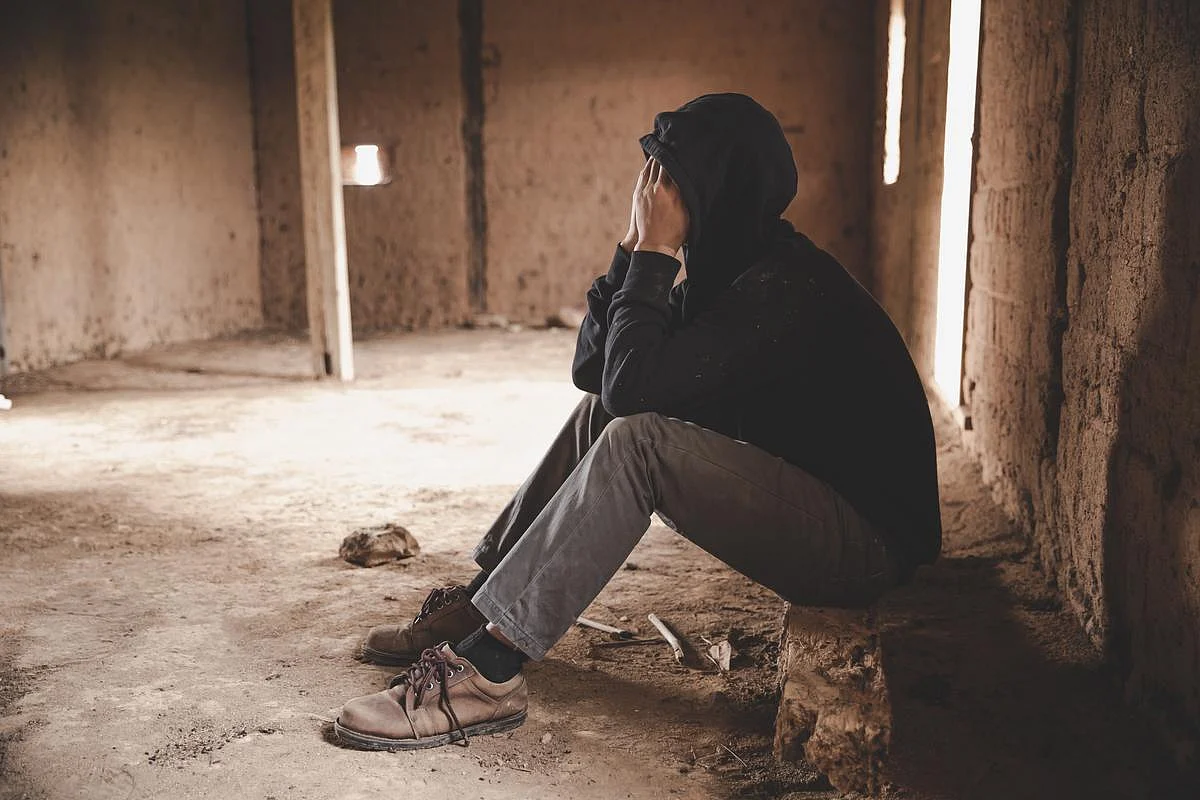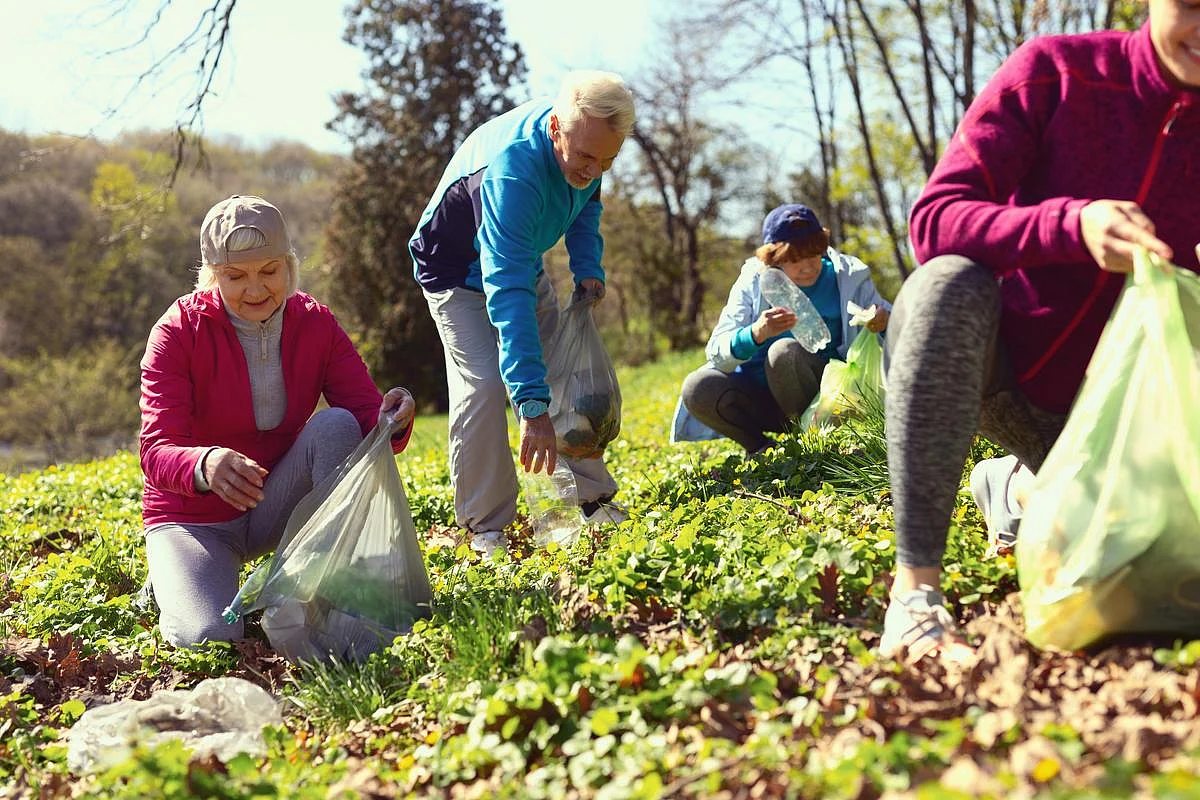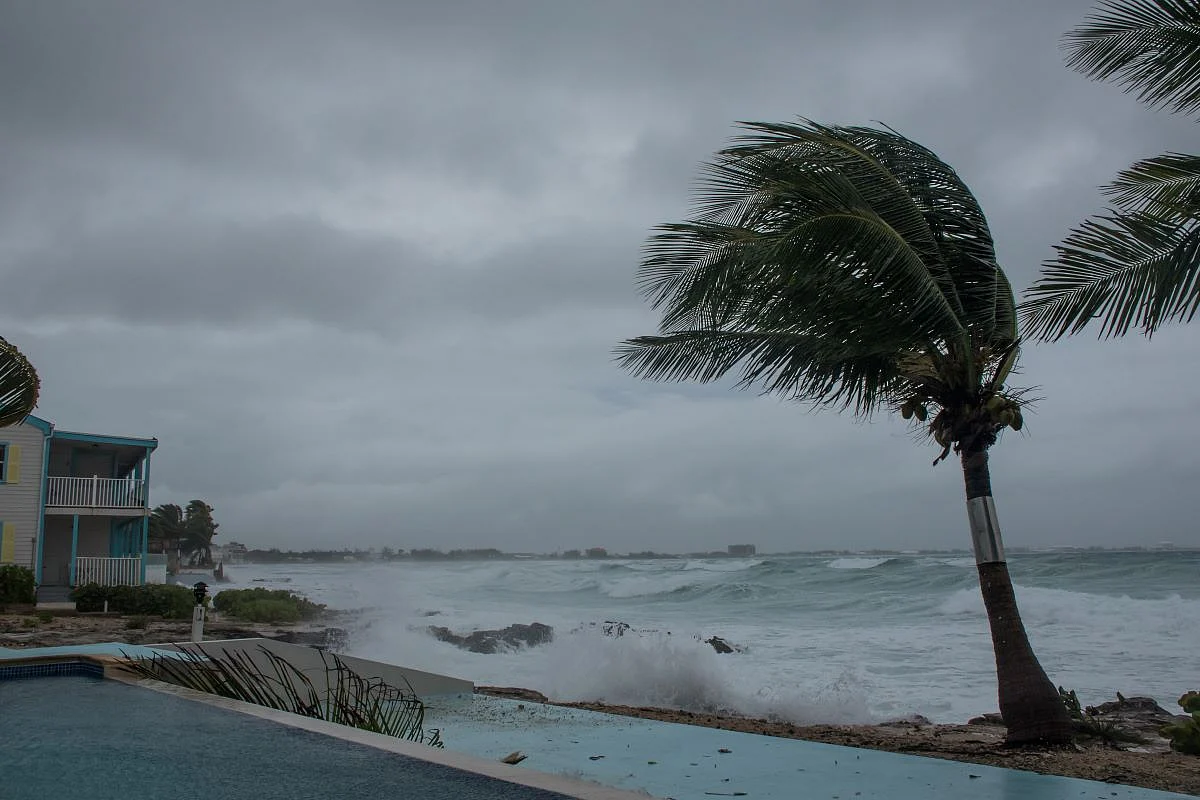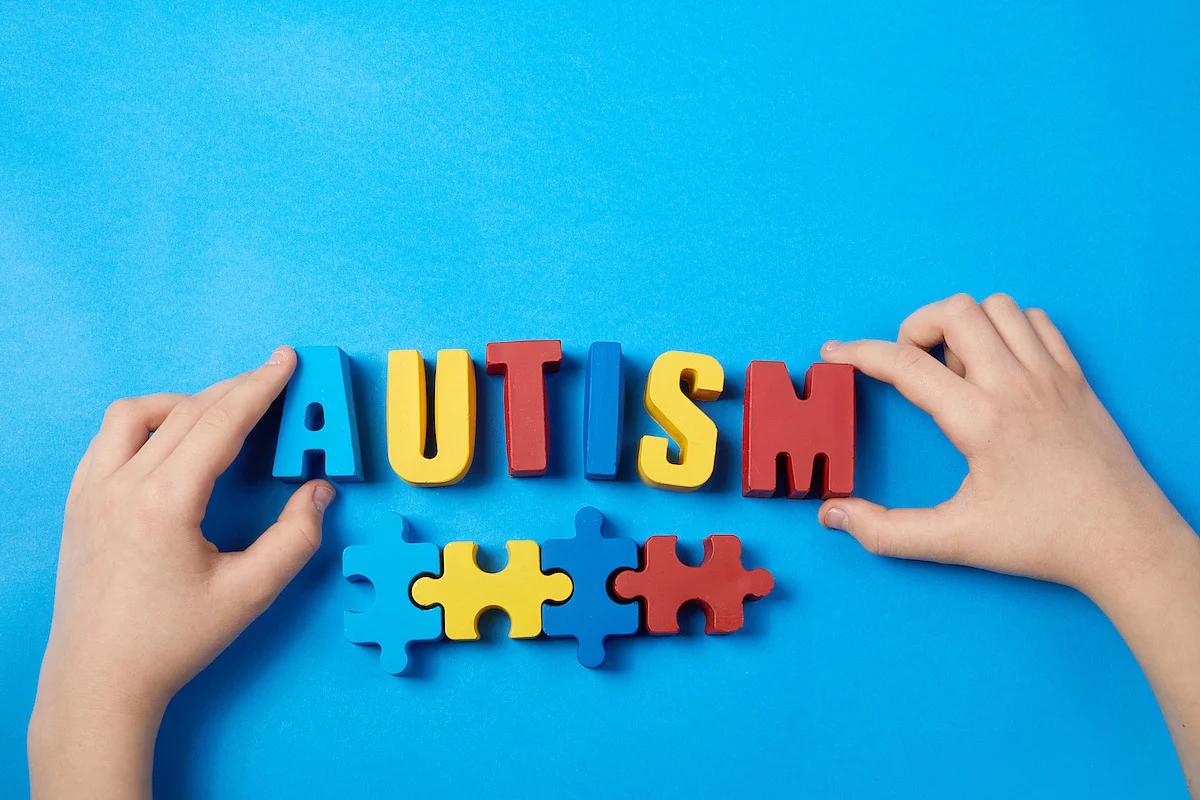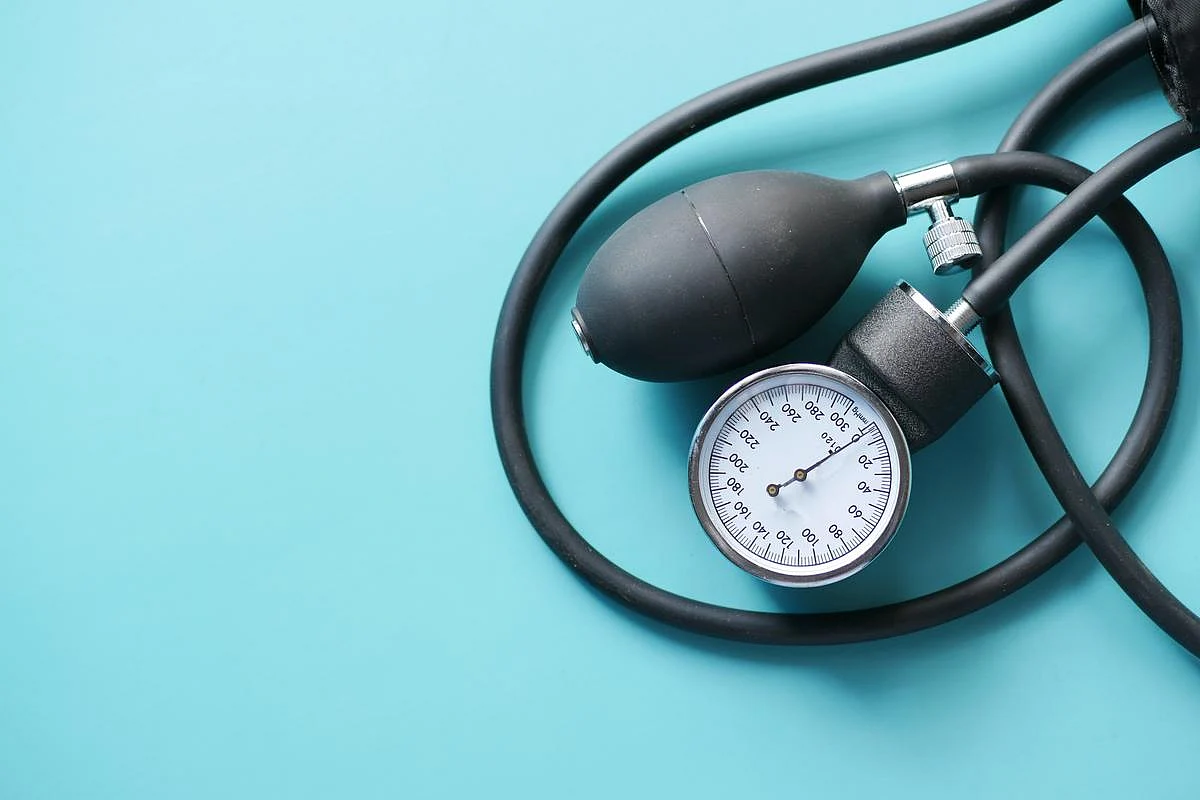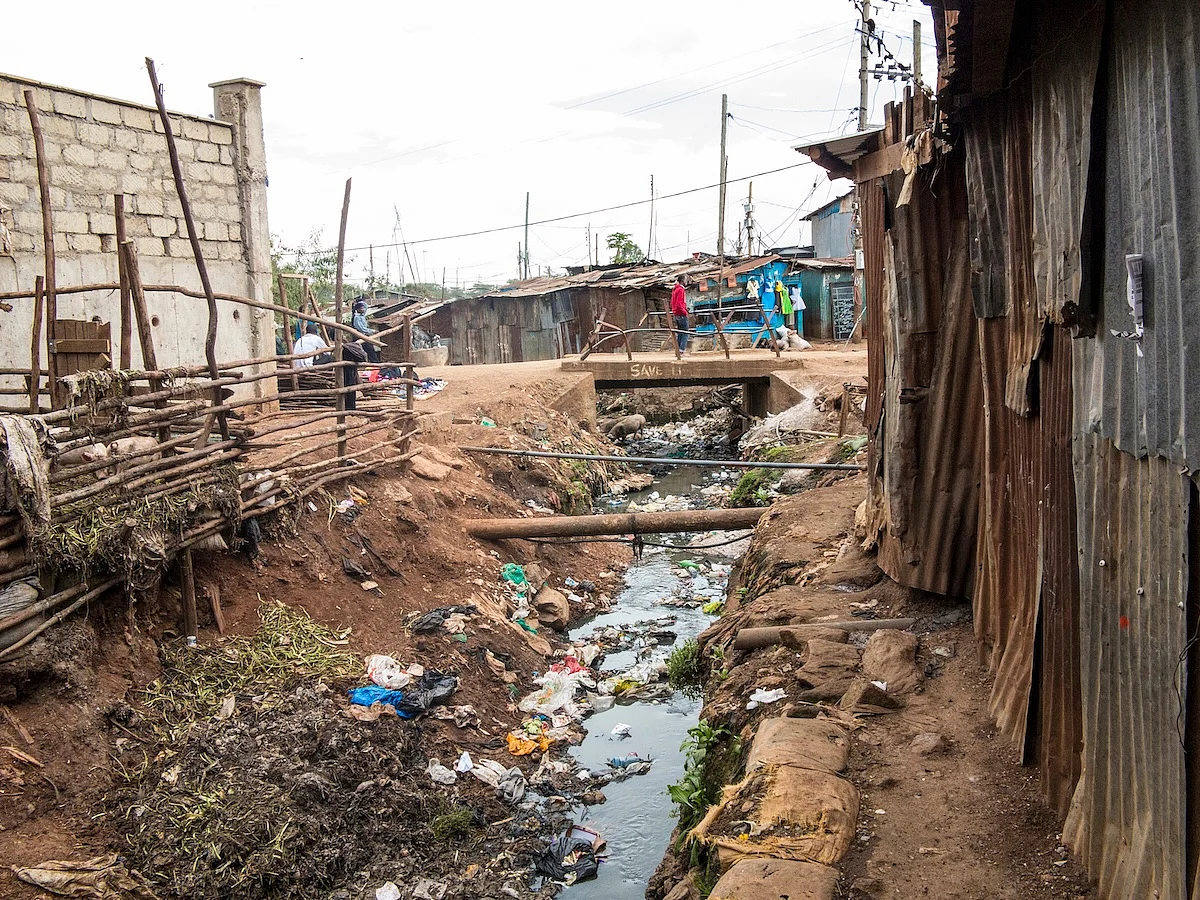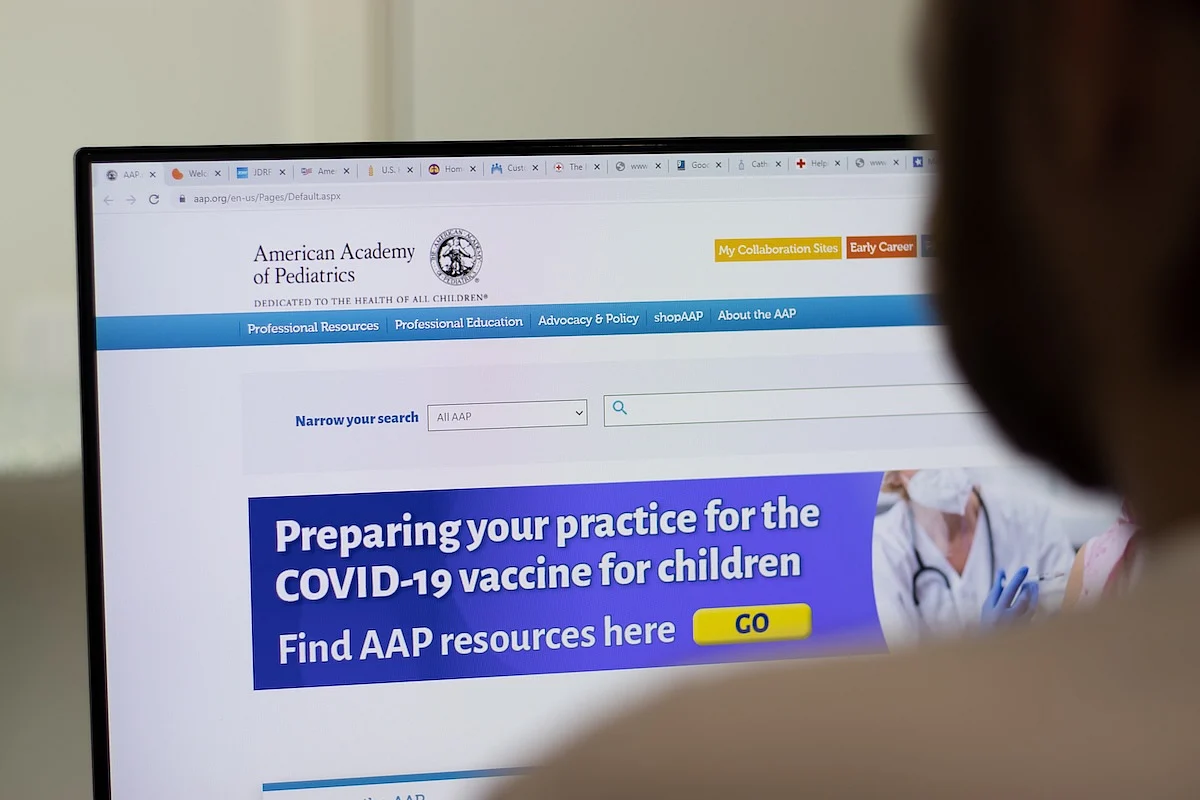
For the first time in 30 years, the American Academy of Pediatrics (AAP) has issued vaccine recommendations that differ from U.S. government guidelines. In new guidance released Tuesday, the AAP strongly recommends COVID-19 vaccines for children between 6 months and 2 years of age. For older children, shots are also advised but ultimately left to… read on > read on >










